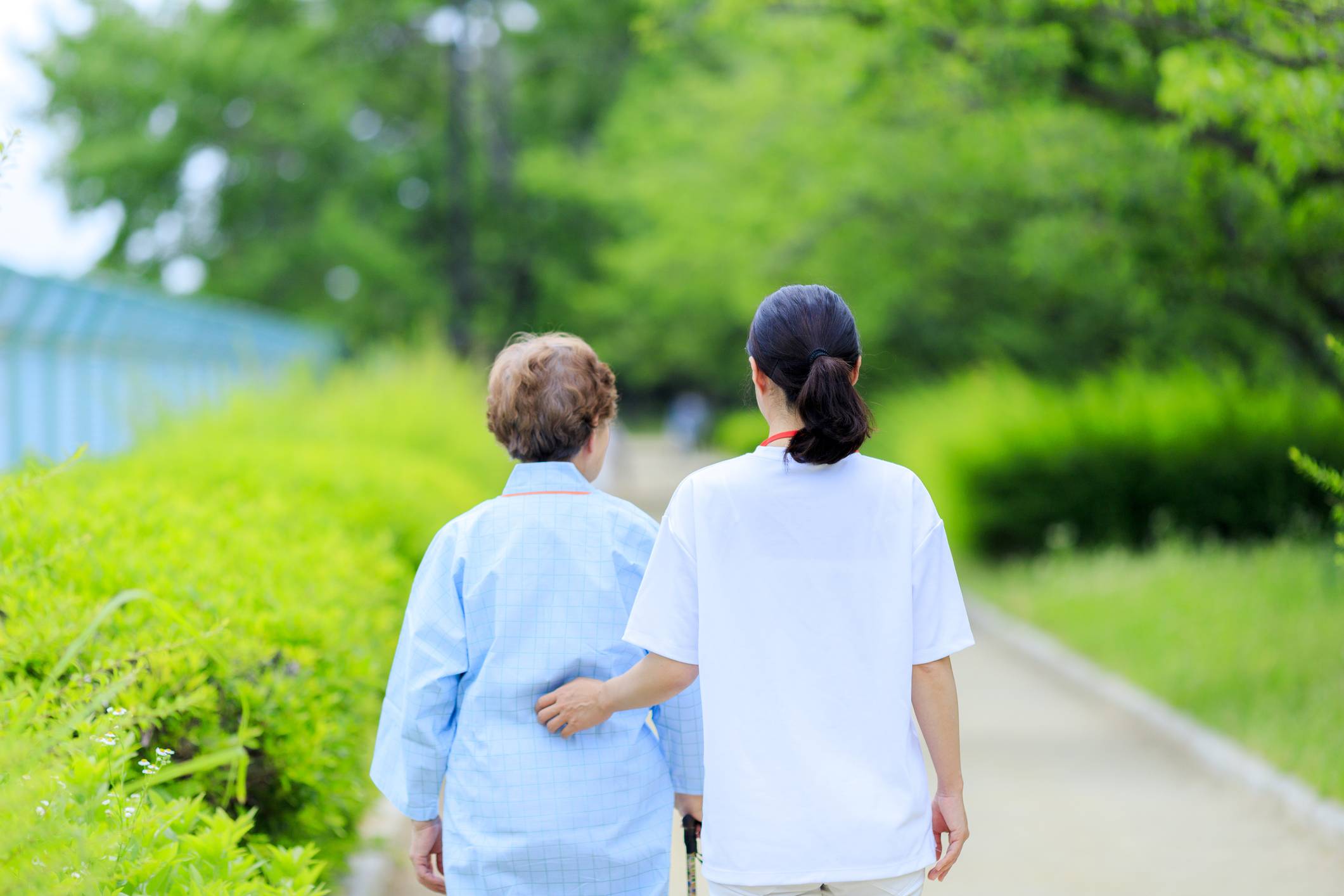Although the vaccination of older people is accelerating in Japan, the country's elderly continue to be particularly threatened by COVID-19, both directly and indirectly. Japan's public broadcaster, NHK, is running a series of special reports on how the pandemic is "changing the world," and the May 23 installment was about senior caregiving services. The program took aim at the government's kaigo hoken (caregiving insurance) system implemented in 2000 and to which everyone starting at age 40 contributes. Although the problems inherent in the system have been discussed previously, the pandemic has exacerbated them, making them even more apparent since the well-publicized aging of Japanese society has yet to peak. Demand for services will increase over the next decade even as the caregiving insurance system collapses.
So far, media coverage has focused on the lack of caregivers owing to low pay and difficult working conditions. One of the sectors hardest hit by the pandemic is resident facilities, which became hotbeds of infection clusters early on, thus bringing to the fore one of the main purposes of the caregiving insurance system, which is to encourage and promote care at home, where seniors can be attended to either by family members or contracted "home helpers." The main idea behind caregiving insurance was to take pressure off national health insurance in order to reduce government expenditure.
As NHK pointed out, the need for such workers did not suddenly decrease with the spread of the coronavirus. Even with states of emergency in effect, home helpers are expected to make their usual rounds checking in on senior charges and attending to their needs, which, in addition to giving baths and changing bedclothes, often includes shopping and housekeeping.

















With your current subscription plan you can comment on stories. However, before writing your first comment, please create a display name in the Profile section of your subscriber account page.